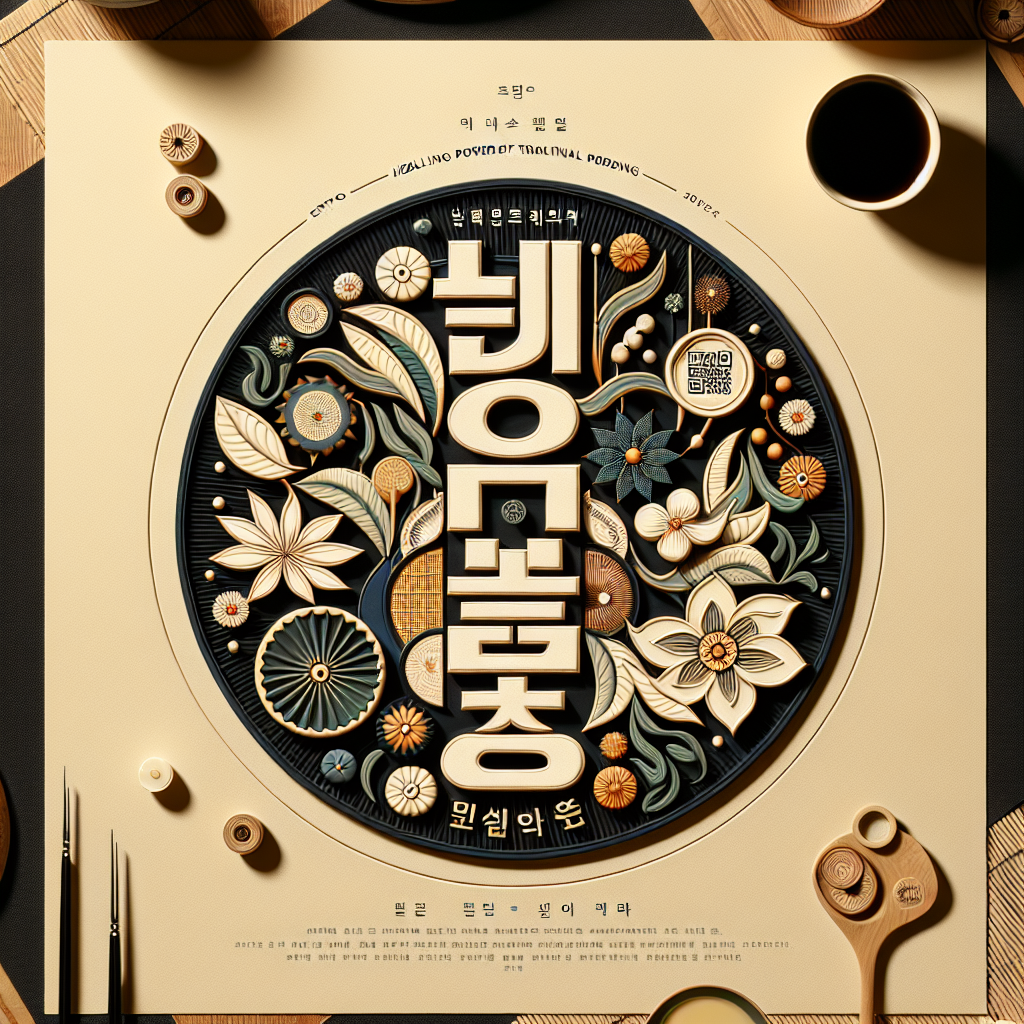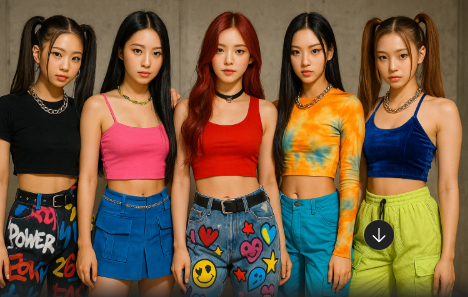The Charm of Korean Literature: A Journey Through Words and Stories
Korean literature offers a rich tapestry of stories, themes, and characters that captivate readers around the world. With its deep historical roots and evolving contemporary narrative styles, it provides a unique glimpse into Korean culture and society. From classical poetry to modern novels, Korean literature is both a reflection of and a commentary on the changing landscape of Korea.
Historical Context of Korean Literature
Korean literature has a long and storied past, dating back to the Three Kingdoms period of Korea (57 BC–AD 668). During this time, literature was primarily recorded in Chinese characters. This rich tradition laid the groundwork for future Korean writers to explore themes of loyalty, love, and the eternal struggle against adversity. Historical works like “Samguk Yusa” (Memorabilia of the Three Kingdoms) and “Samguk Sagi” (History of the Three Kingdoms) offer valuable insights into Korea’s ancient past.
As Korea transitioned through various eras, its literature evolved. The Joseon Dynasty (1392–1897), which championed Confucian ideals, saw the flourishing of Korean poetry written in hangul, the Korean alphabet. This opened literature to a wider audience, including women and commoners, leading to the creation of popular forms such as pansori and sijo. These poetic forms reflect the everyday life and emotions of the Korean people, offering an accessible entry point to Korea’s literary tradition.
Key Themes in Korean Literature
Korean literature, much like the country’s landscape, is marked by diversity and depth. One prevalent theme is the exploration of identity and the individual’s place within society. This introspective theme is evident in many modern works that tackle Korea’s rapid industrialization and urbanization, as well as its social and cultural shifts.
Another significant theme is the division of the Korean Peninsula. Many writers use their narratives to process the trauma and ongoing repercussions of the Korean War. These stories often delve into the themes of separation, longing, and the attempt to heal old wounds. Additionally, themes of resilience and hope frequently emerge, showcasing the enduring spirit of the Korean people.
Notable Authors and Their Contributions
Korean literature boasts a number of celebrated authors who have made significant contributions to world literature. Yi Mun-yol, known for his novel “Our Twisted Hero,” delves into the dynamics of power and morality in a microcosm of society. His works are often imbued with philosophical musings on the human condition.
Another significant figure, Han Kang, gained international recognition with “The Vegetarian,” a novel that explores the conflict between individual desires and societal expectations. Her poignant storytelling and exploration of pain, transformation, and freedom have captivated a global audience.
Likewise, Kim Young-ha’s innovative storytelling in works like “I Have the Right to Destroy Myself” challenges readers to reflect on existential issues and the complexities of the human psyche, further establishing Korean literature’s reach on a global scale.
The Influence of Korean Literature Globally
Korean literature continues to make strides on the international stage. Literature festivals, translations, and awards have helped introduce Korean narratives to a wider audience. With events such as the annual Seoul International Writers’ Festival, Korea is increasingly recognized as a vibrant hub for literary discourse.
Translations have played a crucial role in spreading Korean stories worldwide. English translations of Korean works, such as those facilitated by the Literature Translation Institute of Korea, have brought these narratives to new readers. The continued rise of interest is also a testament to the universal themes and compelling storytelling inherent in Korean literature.
Experiencing Korean Literature Today
For those interested in exploring Korean literature, the journey can start with classic folktales or modern bestsellers. Online platforms, libraries, and cultural institutes offer access to an array of works in various genres. Attending literature events or joining book clubs focused on Korean literature can also enrich one’s understanding and appreciation of its unique narrative qualities.
Additionally, initiatives like the annual “One City, One Book” program, which encourages communities to read and discuss a single book, often include Korean titles, offering readers a shared literary journey.
| Aspect | Classical Literature | Modern Literature |
|---|---|---|
| Main Forms | Poetry, Historical Texts | Novels, Short Stories |
| Themes | Loyalty, Tradition | Identity, Division |
| Target Audience | Royalty, Scholars | General Public |
| Language | Classical Chinese, Hangul | Korean |
FAQ
What makes Korean literature unique?
Korean literature combines deep historical context with modern narrative techniques, often exploring universal themes through a deeply personal and cultural lens.
How can I start reading Korean literature?
Begin with accessible translations of modern Korean novels or explore anthologies that provide a range of short stories and poetry.
Are there Korean literature festivals I can attend?
Yes, the Seoul International Writers’ Festival and similar events are excellent opportunities to engage with Korean literary culture.
Summary
✅ Korean literature is rooted in a rich historical and cultural context.
✅ Themes of identity, division, and resilience are prevalent.
✅ Modern authors like Han Kang and Kim Young-ha are gaining global recognition.
✅ Translations are key to the international reach of Korean narratives.
✅ Literature festivals and online resources provide access to diverse works.
#KoreanLiterature #KoreanPoetry #ModernKoreanWriters #HanKang #KimYoungHa #YiMunYol #KoreanCulture #LiteraryFestival #Translation #SeoulLiterature #IdentityInLiterature #KoreanHistory #ContemporaryNovels #KoreanWarThemes #LiteraryDiversity #InternationalLiterature #LiteraryTranslation #KoreanFolktales #Pansori #Sijo #JoseonDynastyLiterature #ThreeKingdomsHistory #ConfucianLiterature #KoreanNovels #CulturalNarrative #SeoulInternationalWritersFestival #Hangul #LiteratureAwards #ReadingKorea #CulturalInsights

